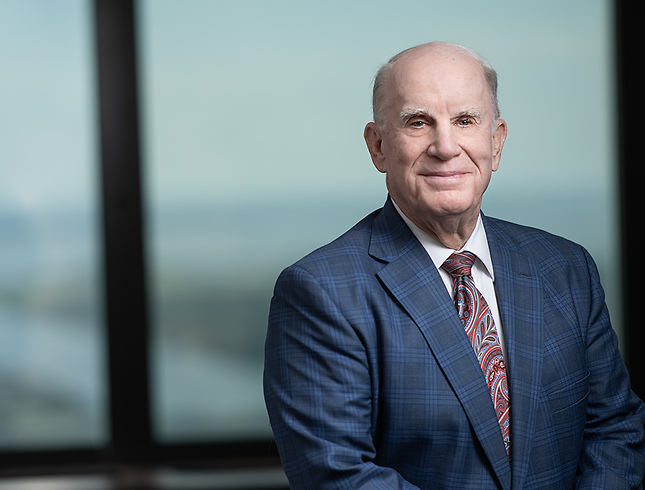The Dodd-Frank Wall Street Reform and Consumer Protection Act of 2010 made numerous, and significant, changes to the Securities and Exchange Commission's regulatory powers particularly with respect to regulated professionals in the securities industry. But its broad sweep did not ignore non-regulated persons either. And, the significance of these changes to non-regulated individuals should not be underestimated.
- 929P(a) of Dodd-Frank granted the SEC authority to initiate the administrative proceedings against both regulated and non-regulated persons and to seek various remedies, including cease and desist orders, disgorgement, civil penalties, and bar orders.
Prior to the enactment of Dodd-Frank, the SEC could only obtain disgorgement and/or civil penalties against non-regulated entities or persons through the filing of a civil action in federal district court. That is no longer the case, however. Pursuant to § 929P(a), the SEC can now obtain those same remedies through administrative proceedings before an administrative law judge who is appointed by the SEC. Although SEC administrative proceedings do provide certain protections to respondents, those protections are a far cry from the protections available in federal district court. For example, all factual findings are made by the administrative law judge. Thus, a respondent's right to a jury trial is totally foreclosed as is the traditional discovery that is afforded litigants in federal court litigation as well as important protections embedded in the Federal Rules of Evidence. The lack of procedural and evidentiary protections in § 929P(a) administrative proceedings has not gone unnoticed. In October, 2013 the SEC began an administrative and cease and desist proceeding against two industry respondents, Wing F. Chau and Harding Advisory LLC, by issuing, pursuant to § 929P(a), an Order Instituting Public Administrative and Cease and Desist Proceedings ("OIP"). After some initial skirmishing before the SEC administrative law judge, Chau and Harding filed a civil action in the United States District Court for the Southern District of New York alleging that the SEC's § 929P(a) administrative proceeding deprived them of their rights to due process and equal protection of the law. Among other things, Chau and Harding asked the district court to enjoin the Commission from going forward with the administrative proceeding initiated by the SEC's OIP. Chau and Harding are regulated entities. Harding is a registered investment advisor and Chau is an investment professional and Harding's founder and managing member. In a lengthy opinion rendered on December 11, 2014, however, the federal district judge denied their request for injunctive relief and dismissed the plaintiffs' case. More recently, however, a new challenge to the constitutionality of § 929P(a) administrative proceedings was initiated. On January 2, 2015 Laurie A. Bebo filed suit against the SEC in the United States District Court for the Eastern District of Wisconsin. In her suit Bebo, like Chau and Harding before her, seeks a judgment declaring § 929P(a) of Dodd-Frank unconstitutional and asks the court to enjoin the SEC from implementing the administrative proceeding that it initiated against her on December 3, 2014. Many of the arguments asserted in Bebo's complaint are similar to those that were made in the Chau/Harding action. One significant difference, however, is that Bebo is not a regulated person. In contrast to Chau, her alleged improper conduct involved her role as the chief executive officer of a publicly traded company. The Bebo suit is just in its beginning stages, but a decision will likely be rendered this year. And future lawsuits based on OIPs to be issued by the SEC pursuant to § 929P(a) are sure to follow. But regardless of the eventual outcome of either the Chau case or the Bebo suit, it is clear that the SEC has decided to shift more of its enforcement actions to administrative proceedings and away from civil suits in federal court. This shift provides distinct advantages to the SEC and significant disadvantages to the SEC enforcement targets of those proceedings. These potentially harsh disadvantages, thus, raise an old question: How to be an officer or director, though paranoid?
Robert V. Williams (
rwilliams@burr.com) is a partner in the Securities Litigation Practice Group at Burr & Forman, LLP. Rob practices law in Florida and has over 40 years' experience defending both regulated and non-regulated persons in securities litigation, regulatory and compliance matters.
See attorney profile here.
